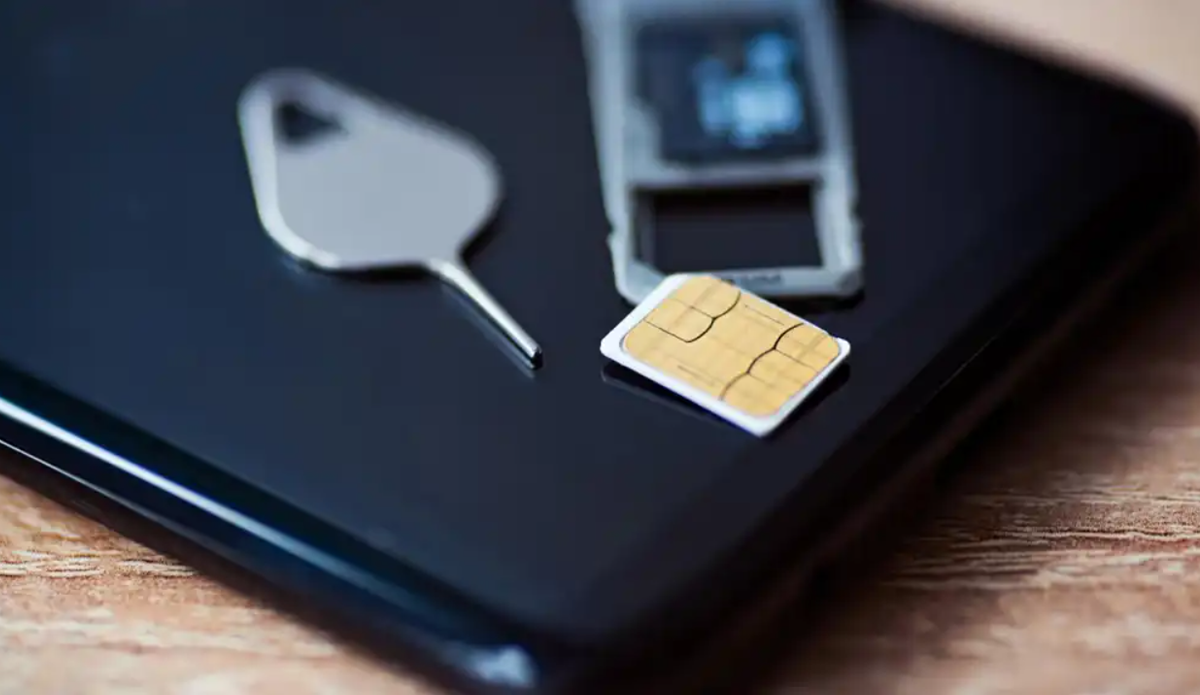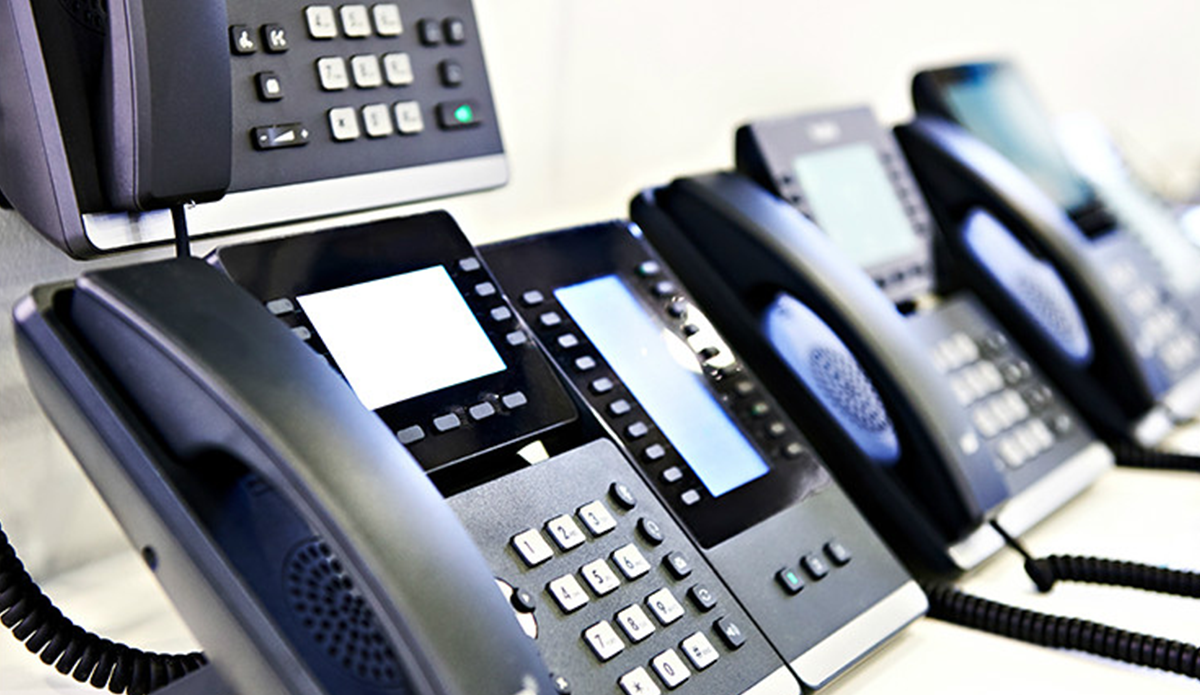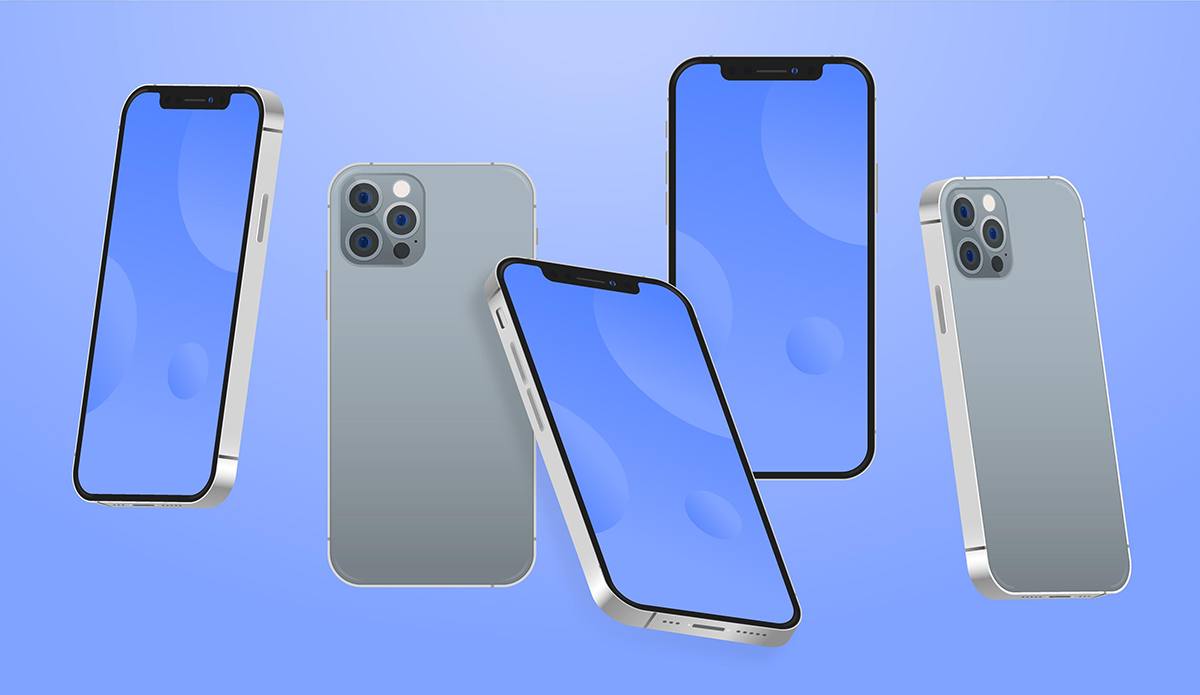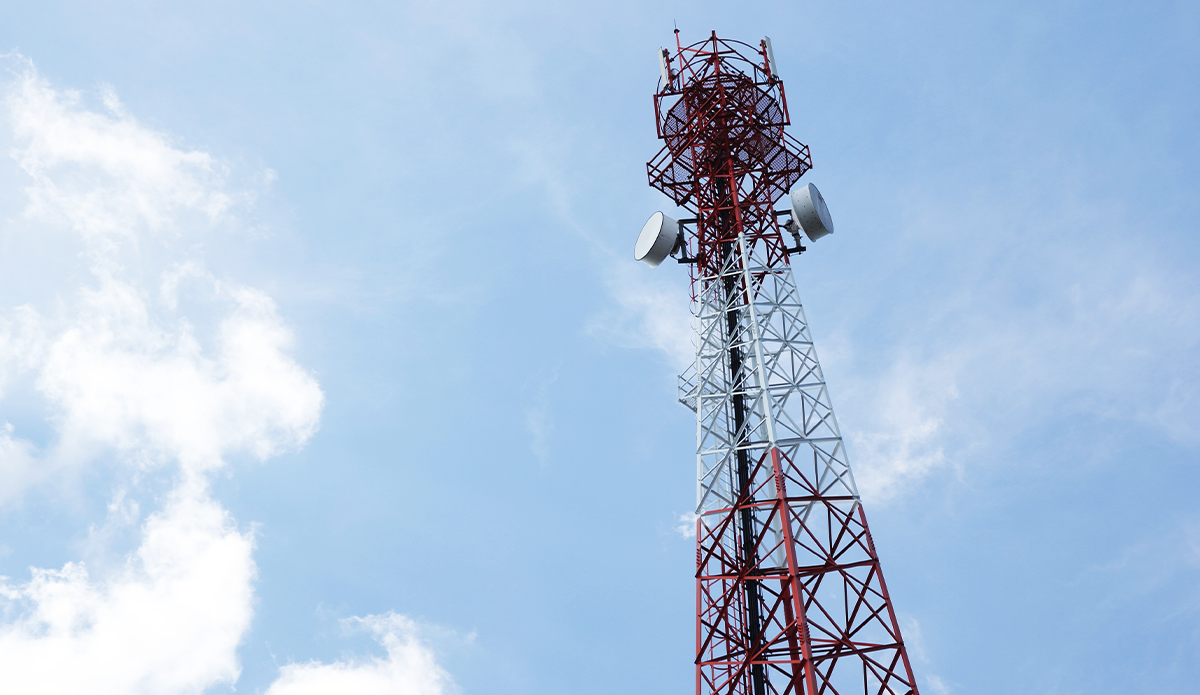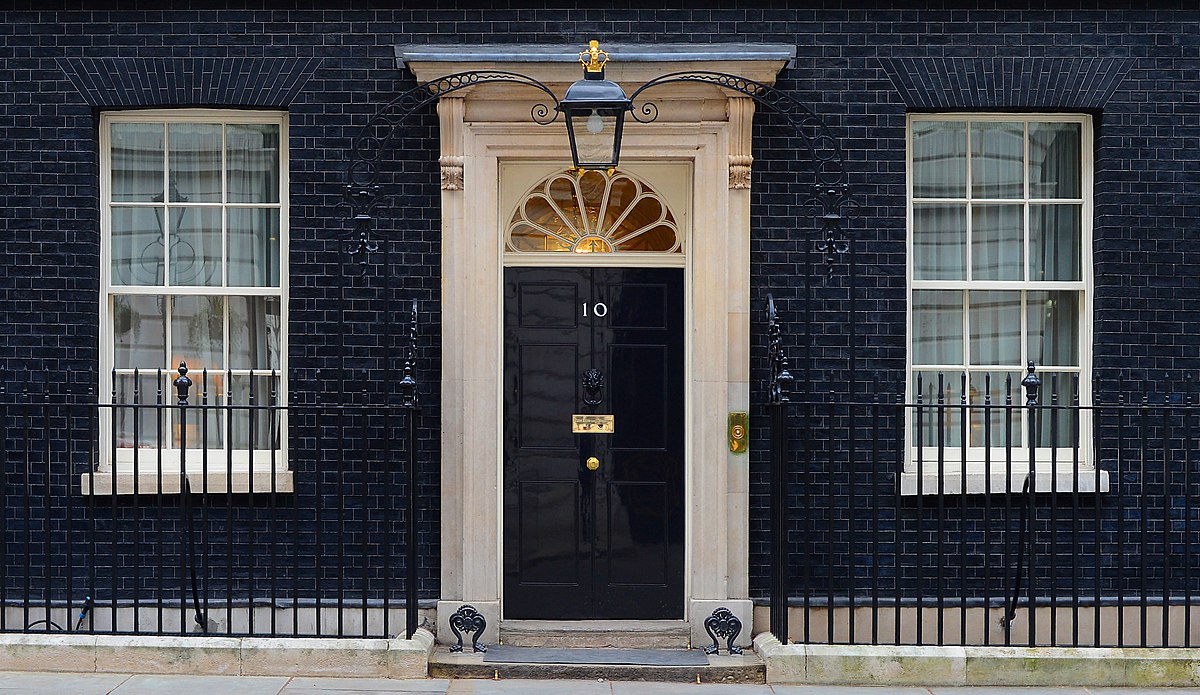Look at your waste disposal plan
Where would we all be without waste disposal?
In a state of calamity, that’s for sure!
It’s predicted that businesses across the UK generate a total of 33.9 million tonnes of waste disposal every year.
With the right disposal system in place, you can ensure that you’re fully compliant with environmental regulations and keep your workplace safe and clean.
As a side note, you could save a lot more money too!
What does waste disposal mean?
Business waste disposal is the process of removing and disposing of waste generated by businesses. This includes materials such as paper, plastics, and hazardous waste.
Proper disposal is essential for environmental responsibility and compliance with regulations.
Waste management companies provide specialized services to collect and dispose of various types of waste.
As a business owner, you likely know that waste disposal is an essential part of your operations – regardless of your company size or industry!
However, not all waste disposal deals are created equal, and shopping around can help you find the best option for your business.
Here’s why you should be taking your businesses waste disposal needs seriously and see if you could be on a better deal.
How have prices changed recently?
Commercial waste disposal costs in the UK have been increasing in recent years.
The cost of landfill tax has been rising annually, which has resulted in higher prices for businesses to dispose of their waste.
Additionally, due to changes in China’s import policies on waste, the UK has seen an increase in demand for domestic waste management services, leading to increased costs.
Some businesses have responded by investing in waste reduction strategies or seeking out more affordable disposal options.
It’s always helpful to see how you can increase recycling practices across your workplace too.
You can always do more for the environment, and it comes with reputational and cost saving benefits.
Quick tips to help your business recycle more:
- Implement a recycling program: Set up recycling bins in common areas and provide clear instructions on what can and cannot be recycled. Make it easy for employees to recycle by placing bins in convenient locations
- Conduct a waste audit: Conduct an assessment of the waste generated by your business to identify areas where you can reduce and recycle more
- Use recycled products: Use recycled paper products, such as paper towels, napkins, and printer paper
- Reduce packaging waste: Encourage suppliers to use minimal packaging and consider purchasing products in bulk to reduce packaging waste
- Donate or reuse materials: Donate items that are still in good condition to charities or reuse them in-house. This can include furniture, electronics, and office supplies
- Provide employee education and incentives: Educate employees on the importance of recycling and provide incentives for those who consistently recycle and reduce waste.
By implementing these simple steps, businesses can increase their recycling efforts and contribute to a cleaner, healthier environment.
Why you should switch waste collectors
Our experts have explained the top benefits of shopping around for waste disposal deals.
By shop around, we simply mean not just sticking with the first deal you find.
When you use our service, you don’t have to shop around – we do it for you!
The main reasons why our business customers switch plans:
Cost savings
One of the main reasons to switch waste disposal deals is to save money. Different waste management companies charge different rates for their services, and by shopping around, you can compare prices and find the best deal for your budget. Moreover, some providers offer discounts for long-term contracts or for businesses that generate a significant amount of waste.
Customised service
Ever felt like your bins aren’t emptied enough? We can find you an arrangement that is tailored to your specific business needs. For example, if your business generates hazardous waste, you’ll need a provider that specializes in handling these materials. Likewise, if your company generates a lot of organic waste, you may benefit from a composting service. By finding a provider that can meet your unique needs, you can ensure that your waste is disposed of responsibly.
Environmental responsibility
Ethical environmental practices are becoming increasingly important for businesses, as consumers and stakeholders demand sustainable practices. By comparing waste disposal partners, you can find a brand that prioritizes sustainability and offers eco-friendly solutions. For example, do you currently recycle enough or could you have more bins?
Compliance with regulations
Proper waste disposal is not only essential for environmental responsibility, but also for ensuring your compliance with regulations. Depending on the type of waste your business generates, you may be subject to laws that dictate how you must handle, store, and transport your waste. By finding a reputable waste disposal provider, you can ensure that your business complies with all applicable regulations, avoiding costly fines and legal issues.
Reputation and customer service
Finally, shopping around ensures that YOU receive the best service too.
With our help, you can rest assured that you’ve picked a disposal company with a stellar reputation and reliable customer service. Good customer service can make a significant difference to your waste disposal experience, giving you flexibility and peace of mind that your bins will always be emptied on time, and issues are promptly resolved.
In conclusion, if you want to find a cheap, customised, and fully compliant waste disposal service, you should do your research beforehand.
Or, like we previously mentioned, let us do it for you!
What makes a good bin & waste disposal partner?
The top three qualities our business customers look for in their waste management partner are:
- Outstanding environmental practices
- A tailored, reliable and regular service
- Fixed, low monthly prices.
With over 40 waste disposal suppliers to pick from across the UK, we understand it can quickly become overwhelming.
There’s no need to fret when our experts can find a deal for you!
We look at plans from leading commercial waste management providers nationwide and tailor deals to your exact needs/ bin preferences.
Ready to find your new waste disposal partner?
By letting us help you find the right provider, you can streamline your waste management operations and focus on growing your business.
If you’re still a fairly new brand, it’s definitely in your best interests to compare with expert help.
There are regulations to meet and daily requirements you want to get right – plus it’s entirely free to discuss with our team!
Start searching waste disposal deals in a click today.


